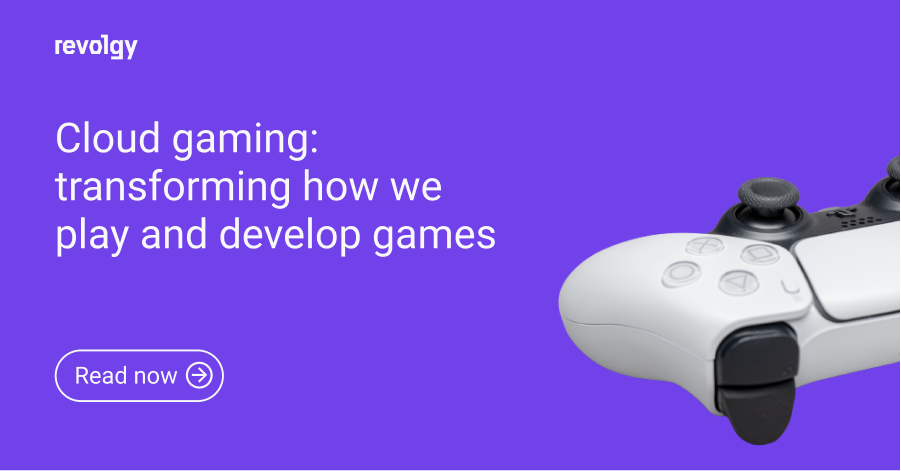Gaming
Top cybersecurity threats and solutions in the gaming industry
From stolen accounts to disruptive attacks, studios need robust security to protect their players and bring them a great gaming experience. This guide explores key threats and strategies to safeguard your game and players.
Common threats in gaming
Hackers and malicious actors come up all the time with new ways to exploit vulnerabilities and disrupt the gaming experience of your players. These most common threats aim to compromise your game’s security and player experience:
Hacking and data theft
Gamers often have valuable virtual assets and in-game purchases linked to their accounts. Hackers exploit vulnerabilities in servers and platforms to steal the data, which can be sold on the black market. Players lose access to accounts and prized possessions, while studios face reputational damage and potential legal issues.
Deception tactics
Deceptive emails, websites, and in-game interactions can trick players into revealing login credentials or personal information. These tactics come in two main forms:
Phishing attacks
Deceptive emails and websites try to lure players into clicking malicious links or entering login details on fake login pages.
Social engineering
Attackers exploit human psychology to manipulate players into giving away sensitive information. They often impersonate trusted figures (developers, support) and create urgency with fake threats to pressure players into action.
Common tactics include:
- Impersonation: Attackers pretend to be game developers, customer support, or other trusted figures to trick players into sharing passwords or clicking malicious links.
- Scare tactics: Phishing emails or messages may threaten account suspension or deletion to pressure players into revealing personal details.
DDoS attacks
Distributed Denial-of-Service attacks overwhelm gaming servers with traffic, making them inaccessible to legitimate players. These attacks can disrupt gameplay, damage reputation, and cost studios revenue.
Video game cheating
These attacks don’t necessarily target player data, but they warp the game itself, creating an uneven playing field. The consequences of cheating are just as damaging as other cyber threats, leading to financial losses and reputational harm for games, developers, studios, and associated brands.
- Unauthorized third-party software (Bots): These automated programs grant players unfair advantages, like auto-aim or wallhacks.
- Game hacks and exploits: Malicious code modifies the game client to give cheaters in-game advantages or bypass restrictions.
How to protect your players
Proactive measures can safeguard your players and create a secure game environment. Here are some strategies your game development studio can implement:
- Multi-Factor Authentication (MFA): This extra layer of security makes it much harder for attackers to steal player accounts, even if they obtain a password. Encourage players to activate MFA on their accounts.
- Robust security practices: Implement industry-standard security practices like encryption of player data, regular vulnerability assessments, and prompt patching of security holes in your game and servers.
- Transparent communication: Be upfront with your players about security incidents. Acknowledge any breaches promptly and communicate the steps to mitigate the issue and prevent future occurrences.
- Security awareness: Educating your player base is crucial. Regularly publish guides and articles highlighting common cyber threats and scams. Emphasize the importance of strong passwords, avoiding suspicious links, and only downloading from trusted sources.
- Partner with a security expert: Security is a complex field. Consider collaborating with an expert IT company like Revolgy to leverage their expertise in building robust security solutions for your game and infrastructure.
Read next: Behind the scenes of your favorite games
Improving your cloud security with Remāngu
Built on AWS’s secure foundation, Remāngu empowers secure work from anywhere. Industry-standard practices like encryption, MFA, and intrusion detection safeguard your data.
Benefits of building your game in the cloud:
- Built on AWS based on Well-Architected Framework
- Simplified security and compliance for remote development teams
- Basic data leakage protection
- Enhanced device management thanks to integration with solutions like JumpCloud
- Encryption, multi-factor authentication, and intrusion detection systems
Explore Remāngu’s Security Manifest for details.
By partnering with Revolgy and Remāngu, you can focus on what matters most – creating incredible games. Let us handle the cybersecurity headaches and ensure your players have a safe and secure experience. Contact us for a free consultation today.



